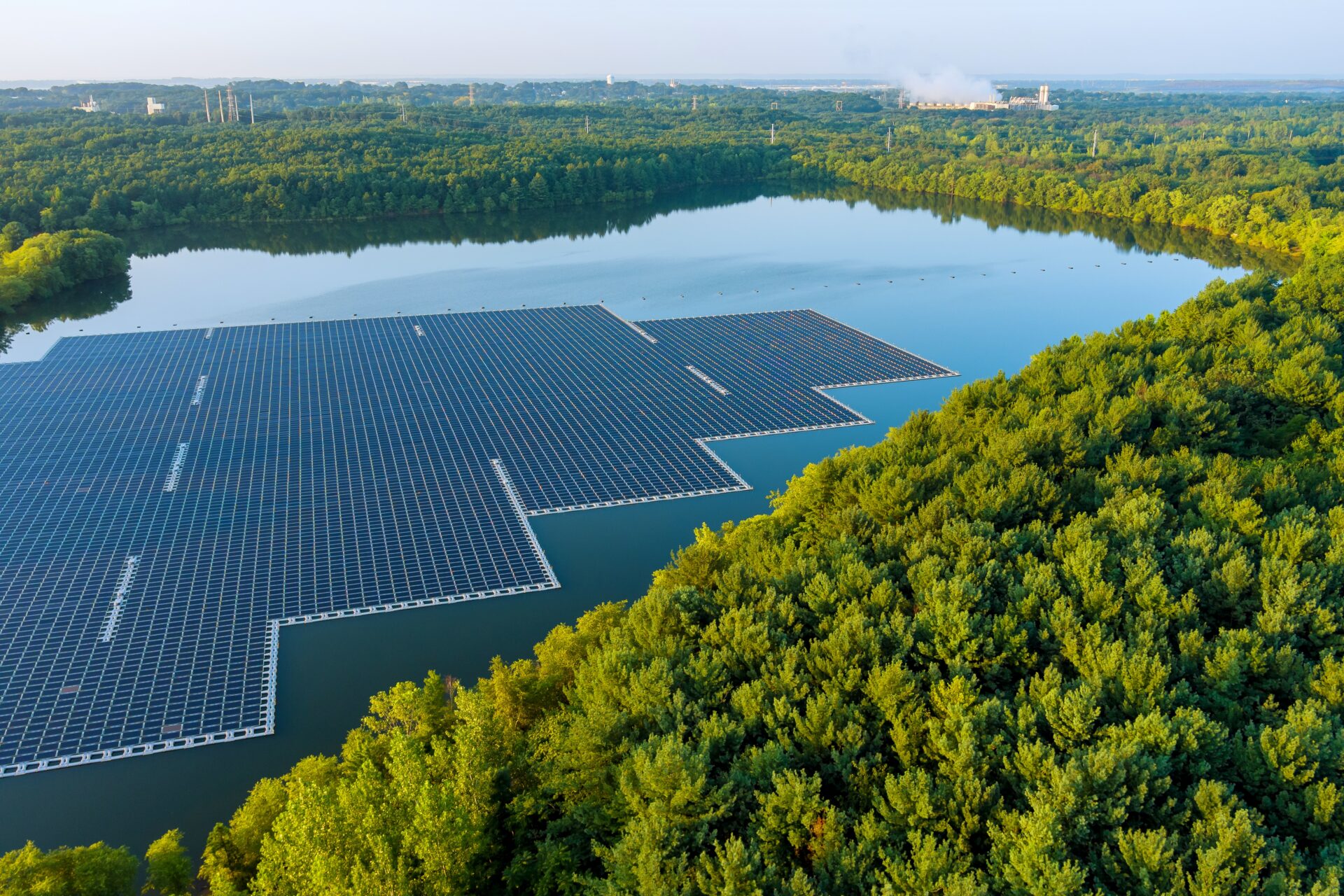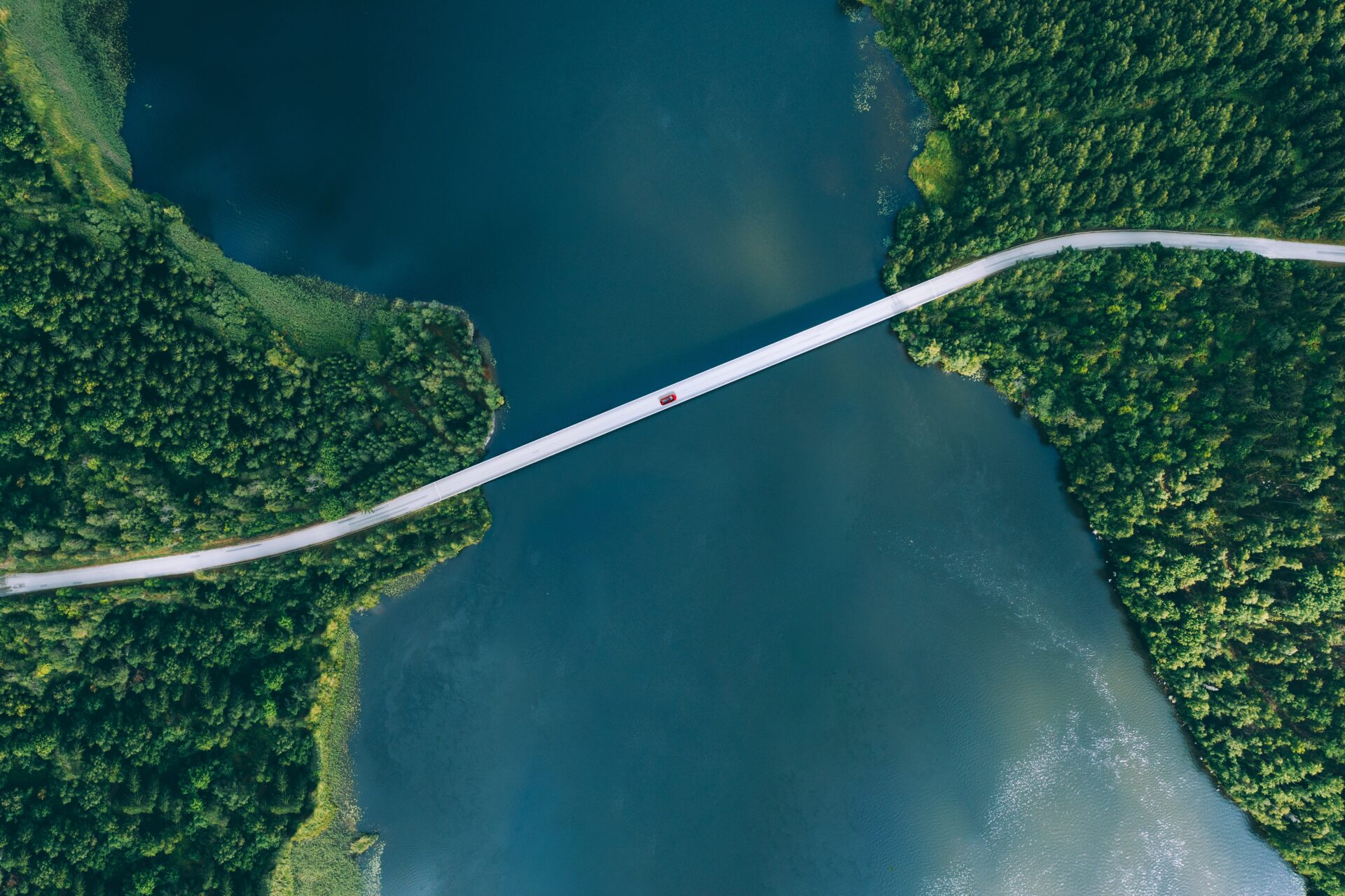The InnWater project aims to promote social innovation, to renew multi-level and cross-sectoral water governance associated with economic and financial mechanisms, and to support EU Green Deal transitions while ensuring water system sustainability.
About
The overall approach of InnWater is embedded in the social innovation approach that considers the (1) technological, (2) governance, (3) capacity development, and (4) economic dimensions of innovative solutions. By considering these four approaches, InnWater aims to give stakeholders a clear role to co-develop and customise governance solutions that they can independently apply.
This will lead to the replication of InnWater solutions and the identification of the policy and regulatory recommendations at the local, European, and international levels. The methodology provides tailored, innovative, and cross sectoral governance tools that will be tested and co-developed over five pilot sites.
The sites are from five different countries and will implement different types of governance mechanisms and cover different water challenges:
- France (La Réunion – Economic focus)
- Italy (il Brenta – Ecosystem services – Drinking water sector)
- Spain (Figueres – Water scarcity)
- United Kingdom (West Country – Water quality)
- Hungary (Middle Tisza – Water allocation).
Objectives
In support of the EU Green Deal Transitions and to guarantee the sustainability of water systems, six distinct objectives have been established:
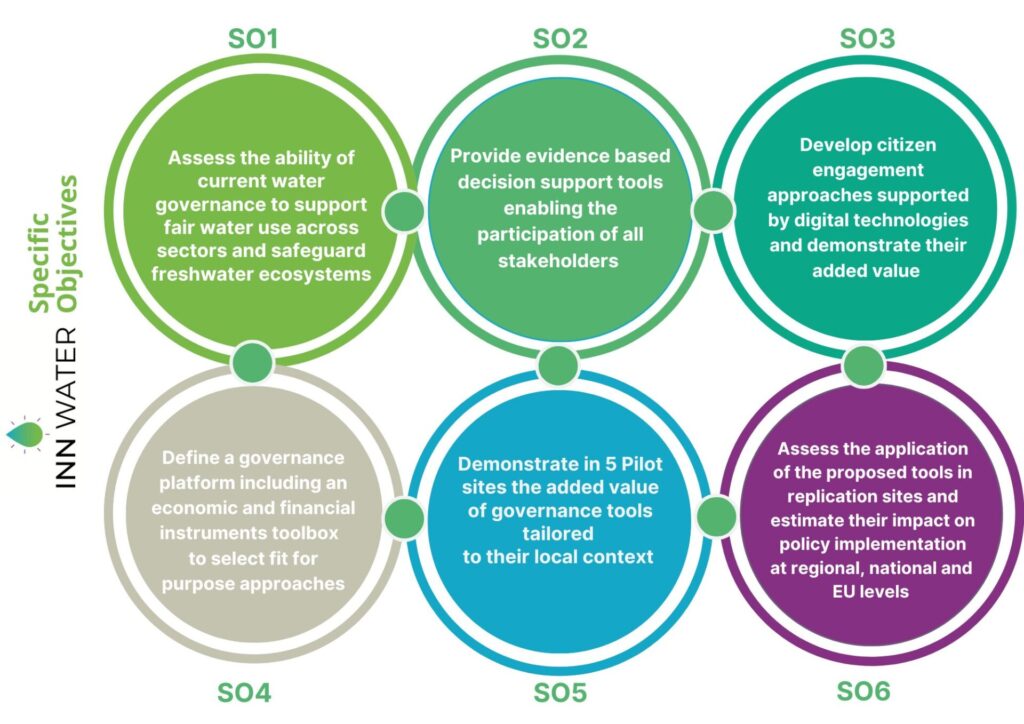
InnWater specificity
The involvement of citizens in matters that previously appeared restricted to governments (e.g., the protection and use of key natural resources) is one of the most notable social changes in recent decades and one of the pillars of the concept of “governance”. The constant increase in landscape and multisectoral approaches (e.g., WEFE nexus thinking incorporation) that seek to overcome silo thinking is a trend in the European environmental agenda (e.g., Rexus and Lenses projects) and one of the basic conditions for ensuring results of projects such as InnWater are incorporated by decision-makers.
Most of the pilot sites are governed by public bodies and their associations. Often a political will and a majority consensus are needed to approve and accept new governance approaches. InnWater’s participatory approach will also aim to test the tools through iterative processes, build capacity in the pilot and replication sites to generate broad social acceptance of governance solutions, and increase communication and understanding of the project.
Methodology
The InnWater methodology is based on four pillars:
- Improved water governance assessment framework
- Quintuple helix and social engagement
- Improved economic and financial tool design
- Social innovation
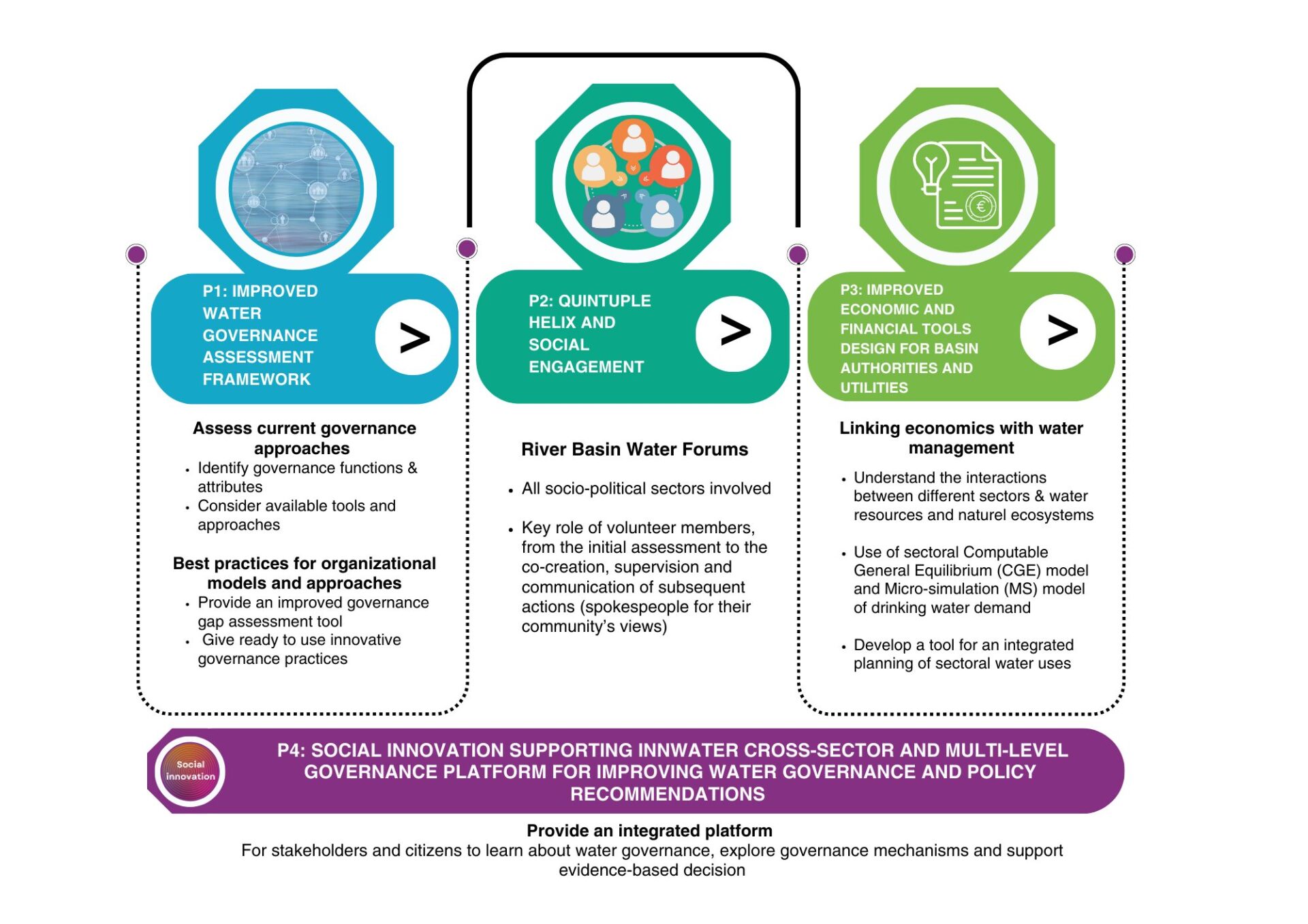
Pillar one, improved water governance assessment framework, aims to provide water managers with improved assessment tools and innovative practices for better water, climate, and biodiversity conservation policies.
Pillar two, quintuple helix and social engagement, aims to include the participation of all stakeholders, including citizens, and to consider other sectors when developing governance solutions.
Pillar three, improved economic and financial tool design for basin authorities and utilities, aims to link water resource management with economic activities, the Green Deal with environmental observations, to ensure transparency and equity of tariff systems.
Pillar four, social innovation supporting InnWater cross-sector and multi-level governance platform for improving water governance and policy recommendations, aims to provide an integrated platform that will serve as a common pool of resources and support, while combining technological and non-technological dimensions of innovation.
Call on good practices on water governance
We are calling for case study submissions to be featured in our Reference Guide. We welcome a variety of experiences, particularly those where the results did not align with the anticipated outcomes.
Deadline on 15 Sept 20245 Pilot Sites
At the heart of the project are the pilot sites and the communities surrounding them. Here, the partners will test and develop the innovations for water governance, by considering the criteria presented in the proposal, such as the quintuple helix and citizen (trust) engagement framework, WEFE Nexus economic and resources allocation simulation, which includes both household water tariff and environmental costs.
Second General Assembly – INNWater Project
- Water governance
The InnWater project, funded by the European Commission under the Horizon Research & Innovation programme ...
Läs mer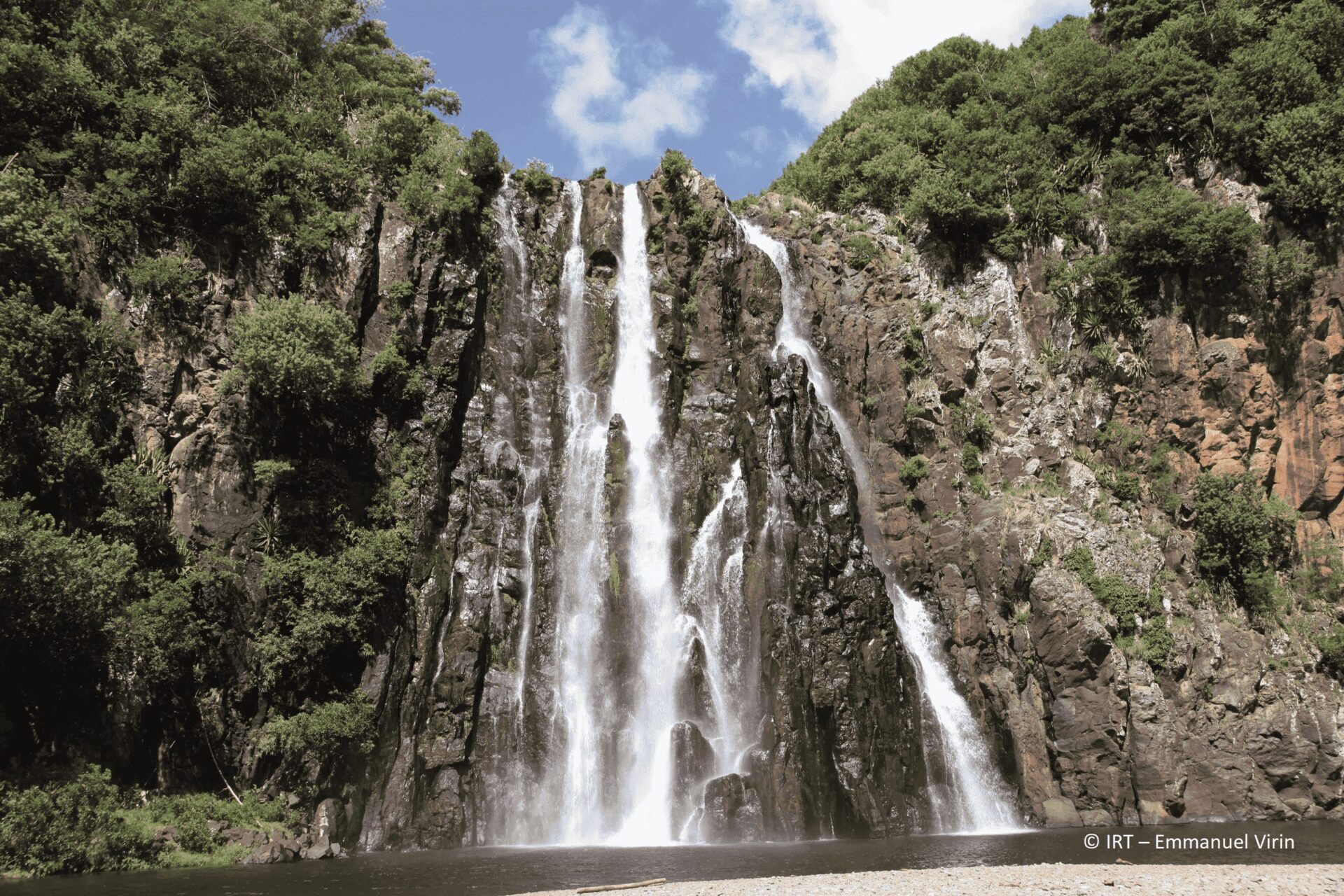
Project partners

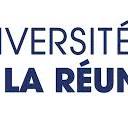
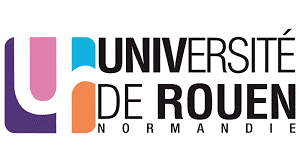




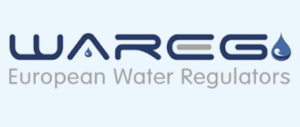

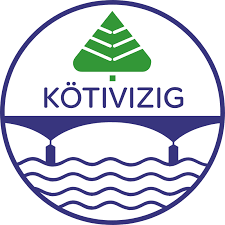

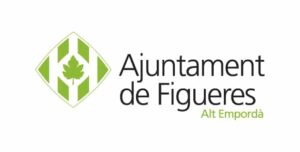
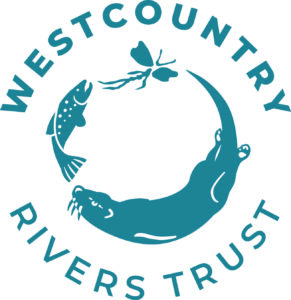
This project has received funding from the European Union’s Horizon EUROPE research and innovation program under grant agreement No. 101086512.
In addition, this work was funded by UK Research and Innovation (UKRI) under the UK government’s Horizon Europe funding guarantee [grant number 10066637].
